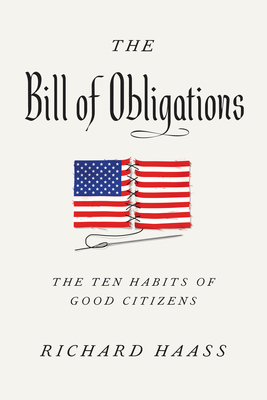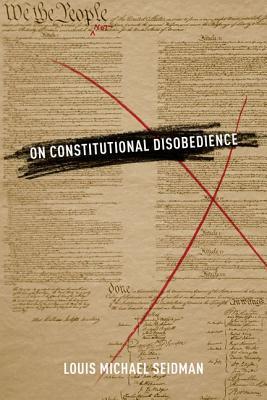
The Bill of Obligations: The Ten Habits of Good Citizens
Book Description
What if the fate of democracy rested not only in the hands of leaders but also in the choices of everyday citizens? In "The Bill of Obligations: The Ten Habits of Good Citizens," Richard N. Haass unveils a powerful manifesto for political engagement and personal responsibility. Through gripping insights and compelling examples, he reveals the essential practices that can transform apathy into activism and division into unity. As every page ignites a sense of urgency and purpose, the stakes become clear: can a simple commitment to citizenship redefine society’s future? What role will you play in this pivotal moment?
Quick Book Summary
"The Bill of Obligations: The Ten Habits of Good Citizens" by Richard N. Haass argues that the health and future of American democracy depend not just on institutional reforms or leaders’ actions, but also on a renewed commitment to civic responsibility shared by everyone. Haass outlines ten core obligations—habits—that, if embraced widely, can revive a divided nation. Drawing on history, political theory, and contemporary examples, the book urges citizens to move beyond rights-claiming toward fulfilling responsibilities: staying informed, engaging in respectful dialogue, and prioritizing the collective good. By encouraging readers to transform apathy into action, Haass delivers a practical guide for reinvigorating democracy in a time of growing polarization and cynicism. The book ultimately challenges each of us to ask what we owe our country and one another.
Summary of Key Ideas
Table of Contents
The Balance Between Rights and Responsibilities
Haass begins by emphasizing the fragile state of American democracy and how its preservation hinges not solely on governmental structures, but on the conduct and attitudes of its citizens. He argues that while the Bill of Rights enshrines essential freedoms, there has been a neglect of corresponding obligations—the duties individuals have toward maintaining the system that protects their rights in the first place. The book sets the stage for a call to action, asking readers to reconsider the role they play in sustaining civic health beyond merely casting a ballot.
Combatting Political Polarization Through Civic Engagement
Central to Haass’s argument is the interplay between rights and responsibilities. He posits that an overemphasis on personal rights, without acknowledgment of mutual obligations, leads to societal fragmentation. By introducing ten essential civic habits—including informing oneself, participating constructively, compromising, and demonstrating tolerance—Haass provides a roadmap for bridging divides. He illustrates with historical and current examples how the abandonment of these duties has corroded public discourse and weakened collective resolve, urging a rebalancing of rights with shared responsibility.
The Power of Informed and Respectful Discourse
The book sheds light on the dangers of rising partisanship and the echo chambers fostered by modern media. Haass warns that democracy cannot thrive when citizens lose the ability to listen to dissenting views or fact-check information. He advocates for deliberate, respectful dialogue and active efforts to seek truth, arguing that only through informed engagement can society overcome cynicism and polarization. The suggested obligations are presented as concrete daily habits that, when widely adopted, can restore the fabric of communal trust and cooperation.
Fostering Trust and the Common Good
Haass draws on examples from history, both American and international, to show the consequences of civic disengagement and the rewards of collective action. Whether referencing the civic spirit that shaped America’s founding or the moments where apathy enabled democratic backsliding elsewhere, he demonstrates that democracy is only as strong as the commitment of its citizens. The book weaves in practical advice, guided exercises, and inspiring accounts to illustrate how even small efforts—like attending local meetings, volunteering, or holding civil discussions—can create positive ripple effects.
In conclusion, "The Bill of Obligations" contends that the future of democracy is a shared project requiring everyday investment. Haass implores readers to adopt the habits of good citizenship, recognizing these as essential not just for political stability but for individual fulfillment. The book ends on a hopeful note, affirming that through collective acceptance of our civic duties, Americans can move beyond polarization and forge a more resilient, unified society.
Download This Summary
Get a free PDF of this summary instantly — no email required.





